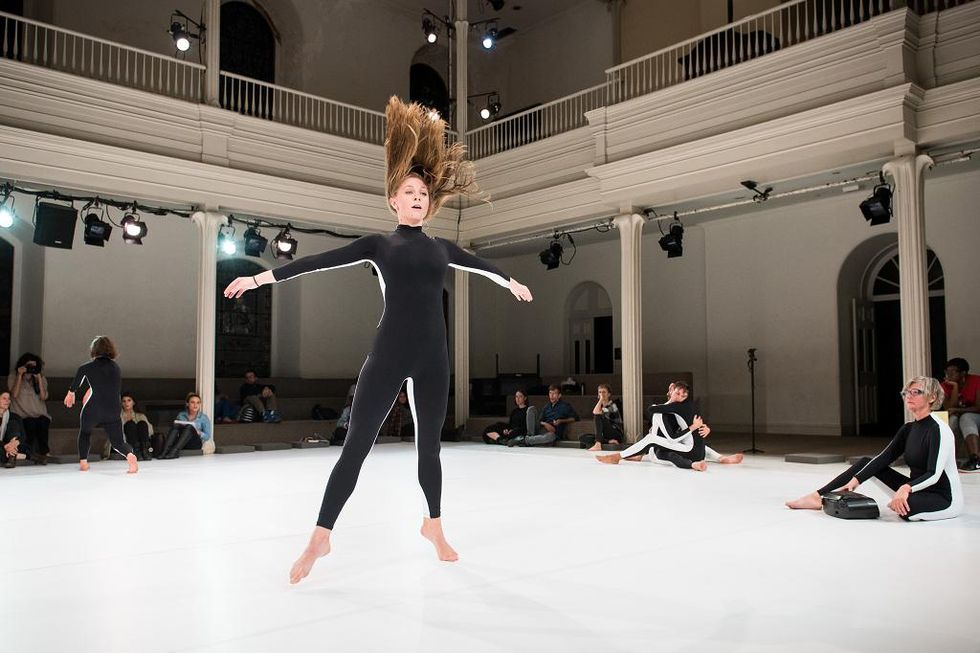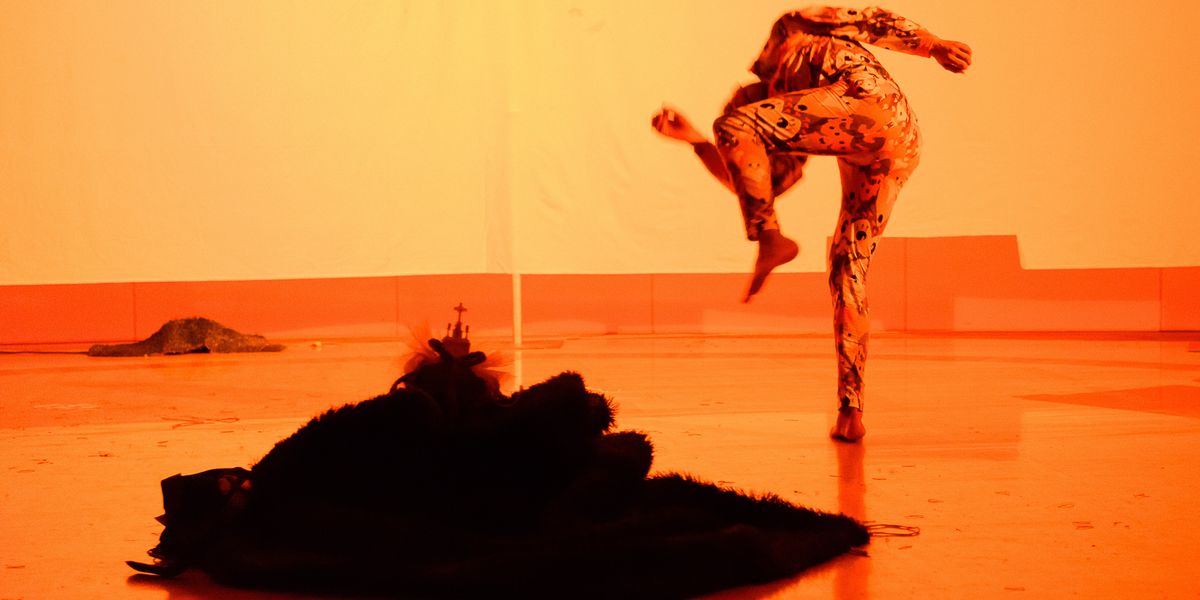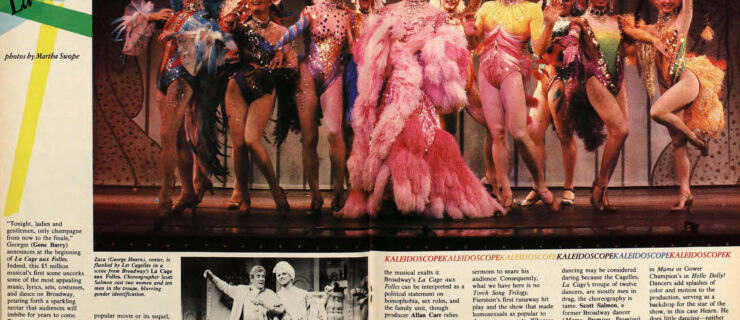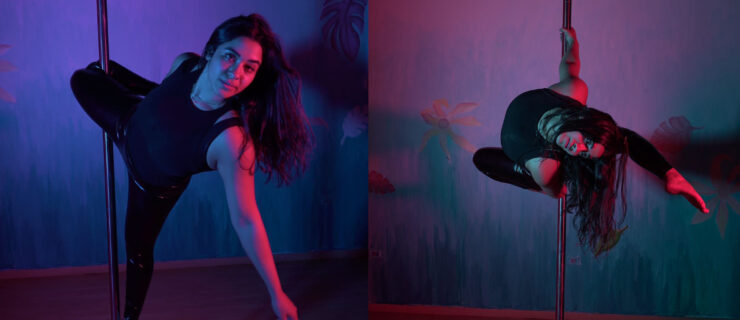Can We Stop Calling Choreographers "Emerging" Already?
“Do away with it.”
“Over it.”
“How about just plain old ‘artist’ or ‘choreographer’?”
These are a few of the comments that popped up when, on a recent morning, I posted a query on Facebook fielding thoughts about the term “emerging”—as in “emerging choreographer.” I can’t remember when I first sensed disgruntlement toward the E-word. But in speaking with dancers and choreographers over the years, I’ve noticed that more often than not it elicits an eye roll, head shake, groan, sigh or shrug of “whatever that means.”
On its surface, “emerging” may seem like an unobjectionable adjective describing someone new to making work, a word connoting promise, potential, discovery. Like many writers, presenters and others in the dance field, I’ve been known to use it as shorthand for “young” or “just starting out” or—
Well, that’s part of the problem. What exactly does “emerging” mean? And how about its similarly contested cousins, “mid-career” and “established”? What determines whether a choreographer is emerging or has emerged: age, experience, number of dances created, institutional criteria? Does an artist ever stop emerging? In what cases, if any, is “emerging” useful or beneficial? Should we do as the choreographer Alexandra Beller suggested and do away with it altogether?
One irksome aspect of “emerging” is that it tends to be foisted upon artists—for programming or fundraising or journalistic purposes—rather than chosen. As Beller notes, it “takes away autonomy from artists defining themselves and their process and their intentions for their own future.” The notion of a professional ladder ascending from “emerging” to “mid-career” to “established” assumes a linear path that few dancemakers actually follow, maintaining, as the choreographer Jeanine Durning puts it, “a myth of upward mobility in a field that has none.”
“Emerging” Emerges

Choreographer Elena Rose Light. Photo by Em Watson, courtesy Light
As the choreographer Jodi Melnick puts it, citing her work with endlessly curious legends like Sara Rudner and the late Trisha Brown, “When are an artist’s ideas not emerging? When is an artist not discovering the newness even in the sameness of their work?”
Hussie-Taylor says that while she understands the resistance to “emerging”—who wants to be labeled?—the term remains useful in garnering support for “early work or new work or innovative work or work that doesn’t neatly fit into an established dance company model.”
” ‘Emerging’ for me isn’t a way of writing someone off,” she says. “It’s a way of continuing to advocate for them and saying, ‘Yes, this person has had a 13-year career, but she’s still working on becoming known.’ ”
As for the future of “emerging,” I think it might be here to stay, entrenched as it is in systems of funding and presenting dance. But that doesn’t mean we can’t keep searching for ways around it—and not just through easy alternatives like “rising” or “early-career,” but through language that describes rather than quantifies, that doesn’t fall back on the convenience of a category.




